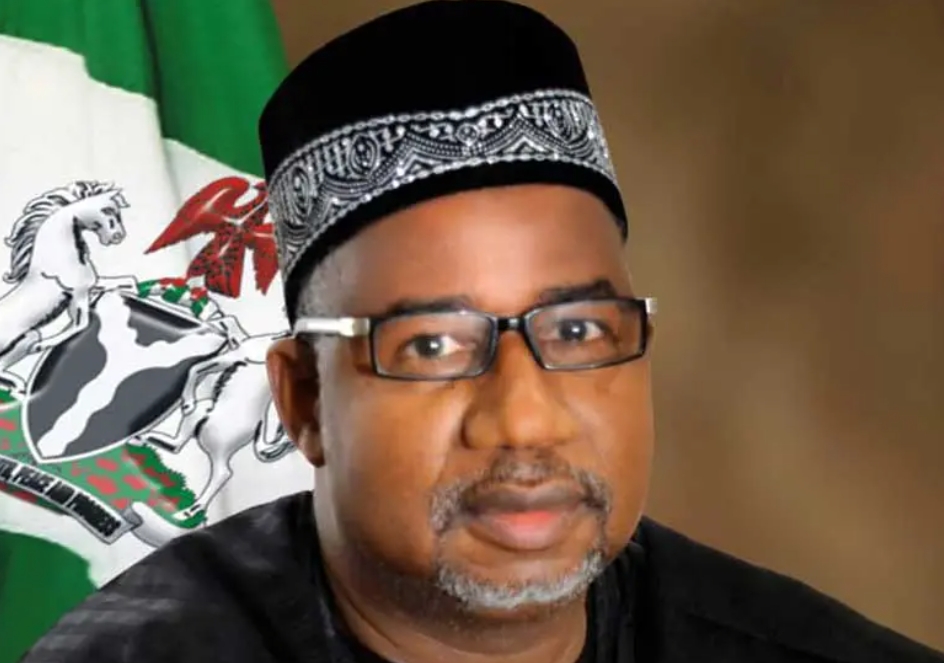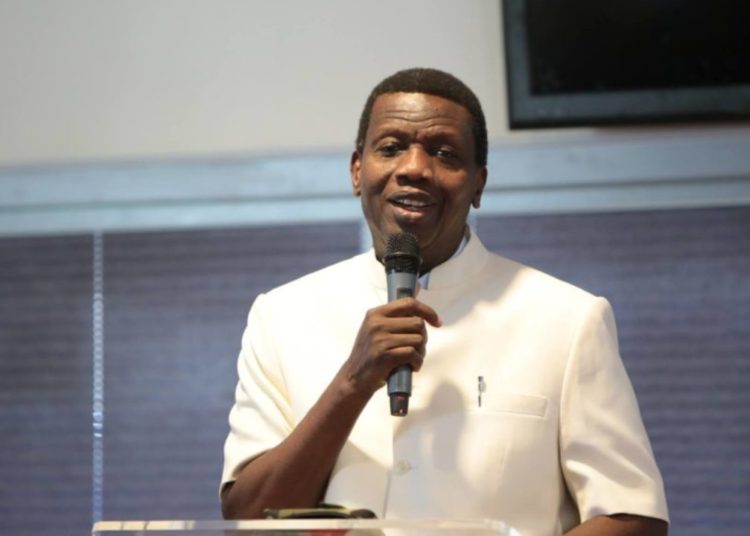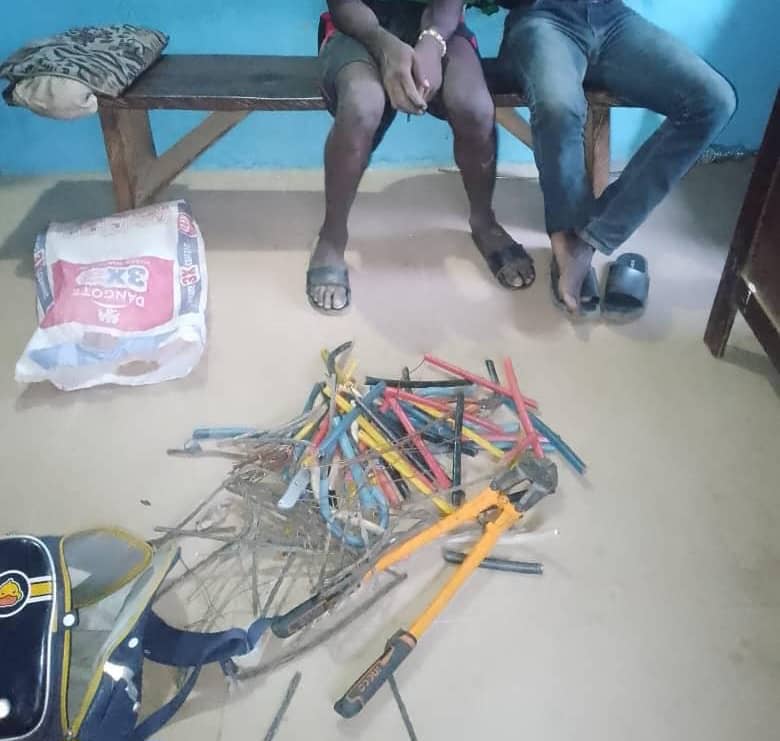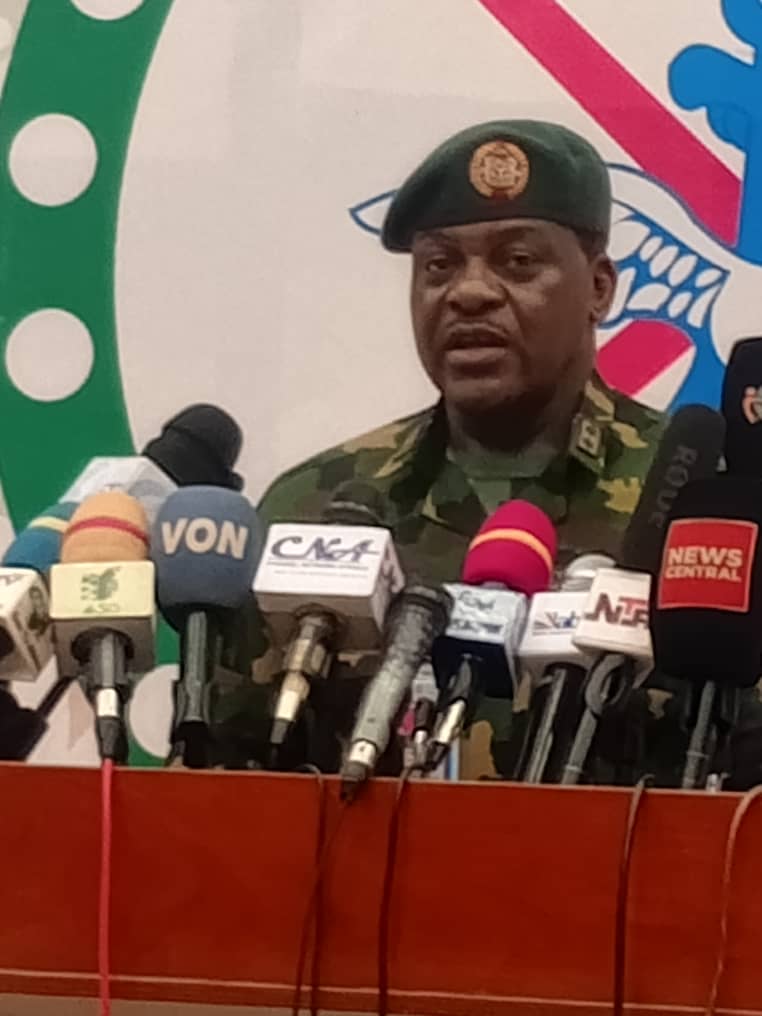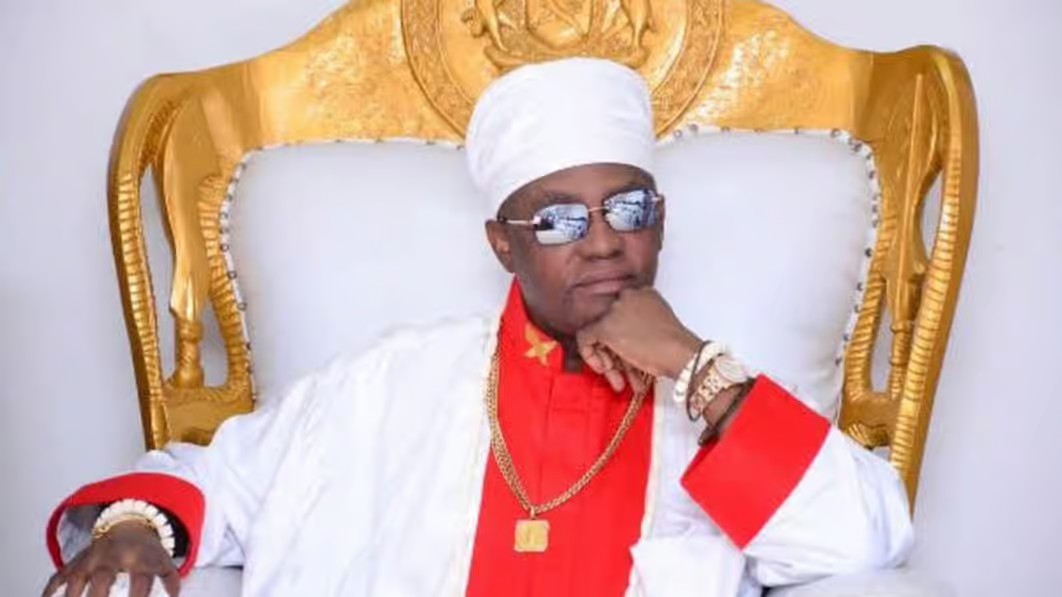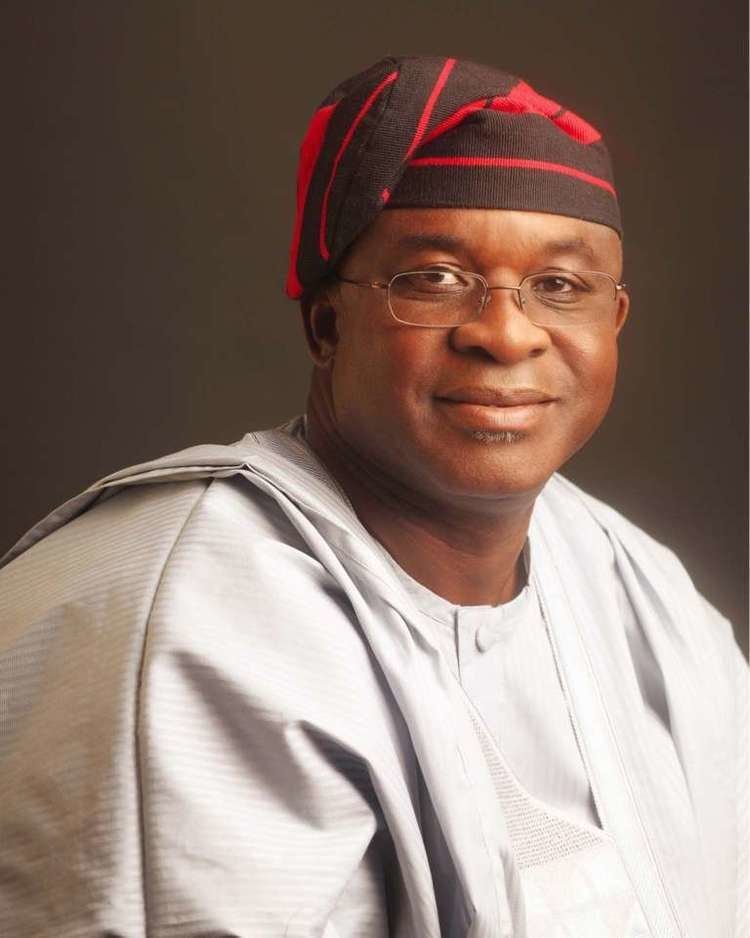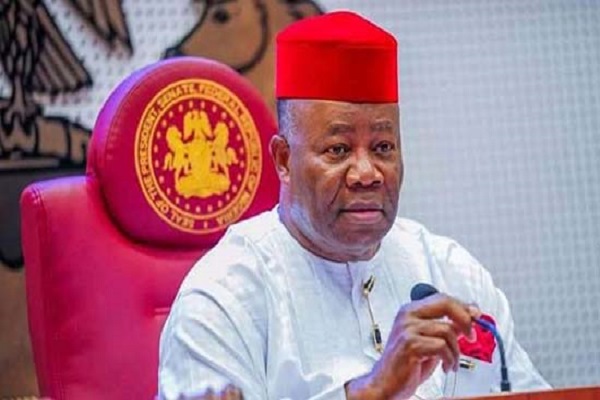Abuja – The Federal Government has implicated Bauchi State Governor, Senator Bala Mohammed, in a $9.7 million terrorism financing case involving the state’s Commissioner for Finance, Yakubu Adamu, and three other officials.
On Wednesday, the Economic and Financial Crimes Commission (EFCC) arraigned Adamu alongside Balarabe Abdullahi Ilelah, Aminu Mohammed Bose, and Kabiru Yahaya Mohammed before Justice Emeka Nwite of the Federal High Court, Abuja. The defendants face charges of conspiracy, conversion of public funds, and terrorism financing under the Money Laundering (Prevention and Prohibition) Act, 2022.
Justice Nwite ordered the defendants to be remanded at the Nigerian Correctional Service facility in Kuje pending the next hearing scheduled for January 5. All four pleaded not guilty to the charges.
EFCC counsel, Samuel Chime, requested a trial date to present witnesses and evidence, while defence lawyer Gordy Uche (SAN) applied for bail, arguing that Adamu’s detention had disrupted salary payments for over 60,000 Bauchi State workers. The EFCC confirmed receipt of the bail applications but filed a joint counter-affidavit opposing them.
According to the prosecution, Adamu and the other defendants allegedly conspired between January and May 2024 to provide $2.3 million to Bello Bodejo and his associates, with approvals purportedly granted by Governor Mohammed. The EFCC further alleged that $500,000 and $6.9 million were delivered in cash through a Bureau de Change operator, in violation of the Terrorism (Prevention and Prohibition) Act, 2022.
One of the charges specifically accused Adamu, the Accountant-General of Bauchi State (now at large), and other civil servants of knowingly providing funds to finance terrorism, citing approvals from Governor Mohammed.
Reacting to the development, Governor Mohammed described the case as a political witch-hunt. Speaking in Bauchi after receiving a Safety Ambassador Award from the Institute of Safety Professionals of Nigeria (ISPON), he said:
“I am just waking up to an accusation that I am being linked to terrorism as a governor and as the head of the opposition. My commissioner has been kept incarcerated and has not been released by the EFCC. Even with my immunity as a governor, my name was mentioned in a motion in a court of law in Nigeria. God is wonderful.”
The governor accused the APC-led federal government of using the EFCC and the courts to intimidate opposition leaders, warning that such actions could provoke resistance. He also criticised the government’s performance, alleging that despite huge revenues, Bauchi State had seen little improvement in infrastructure and basic services.
Mohammed vowed not to succumb to pressure to defect from the PDP, insisting that his refusal to join the ruling party should not make him a target. He further alleged that members of his family and government officials were being arrested and detained without evidence, describing the situation as “unacceptable.
e in a democracy.”

